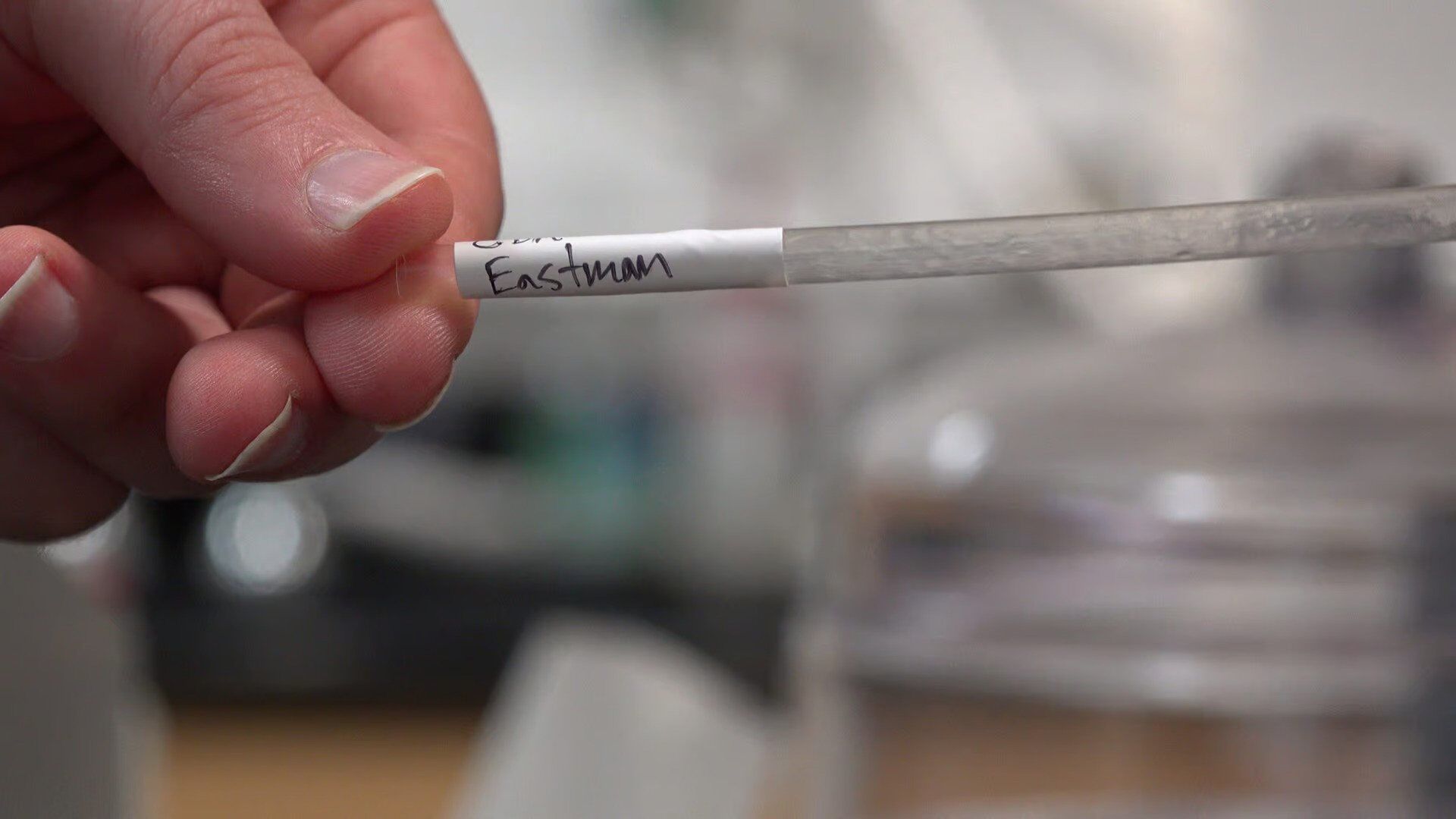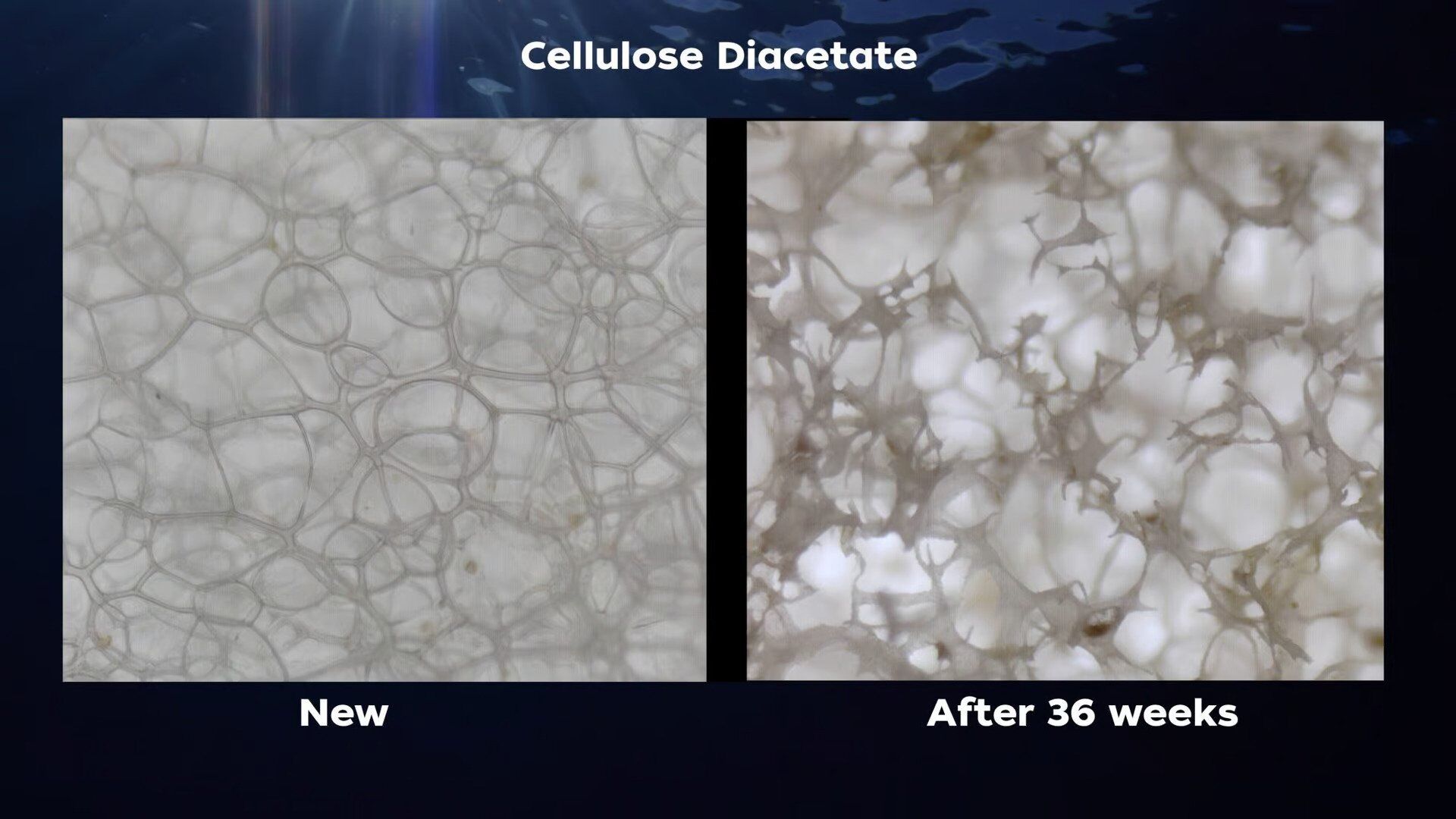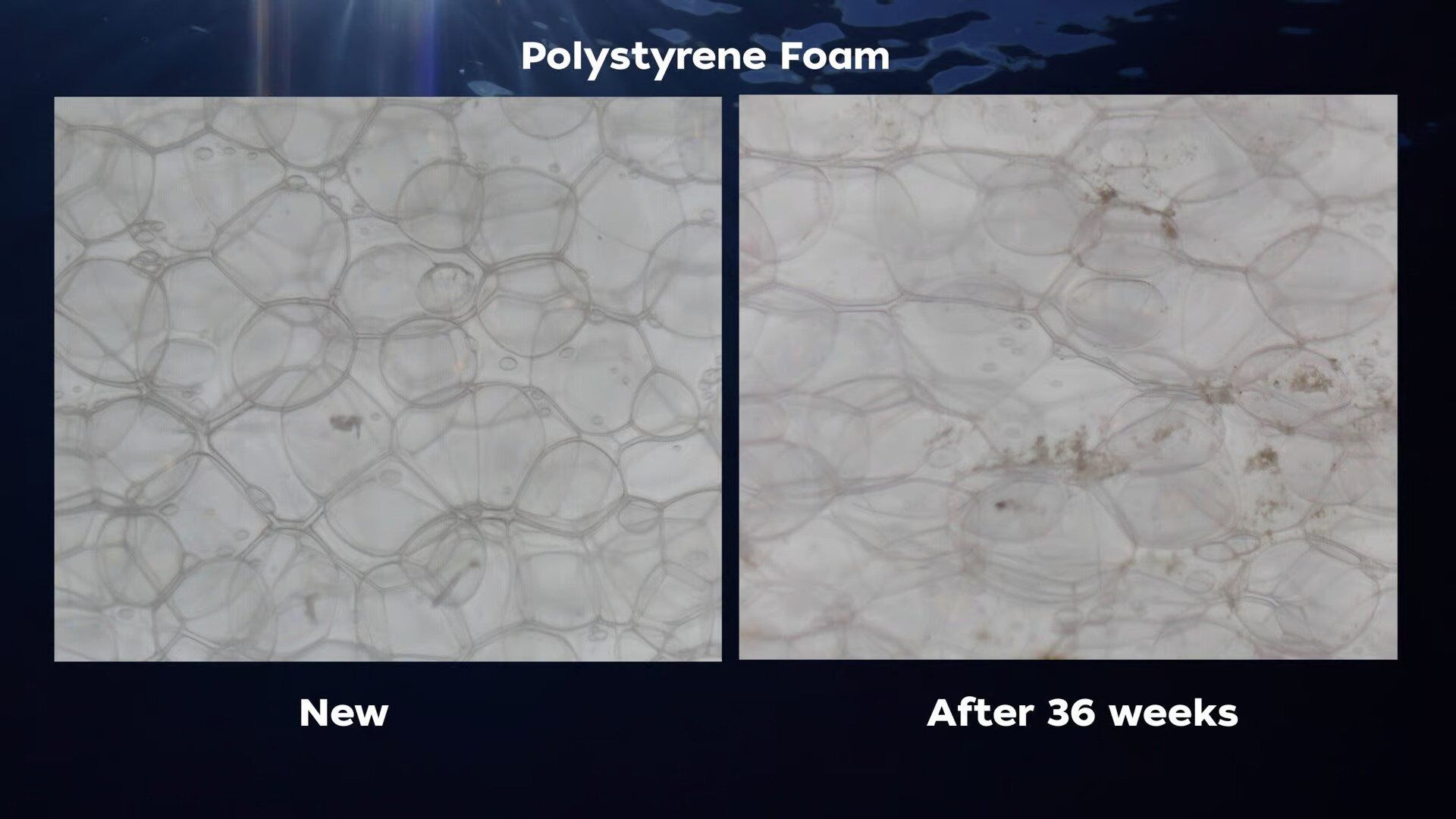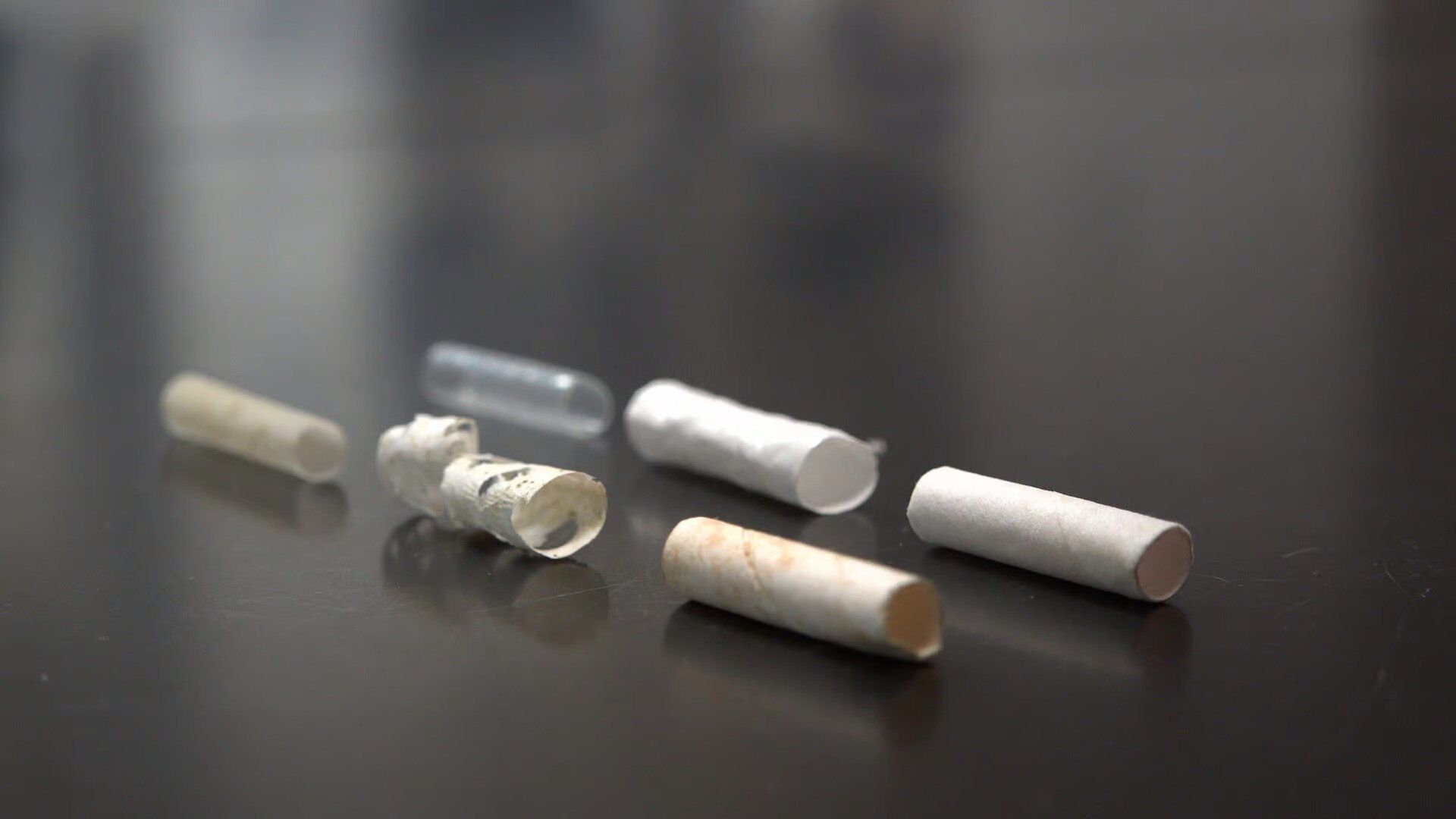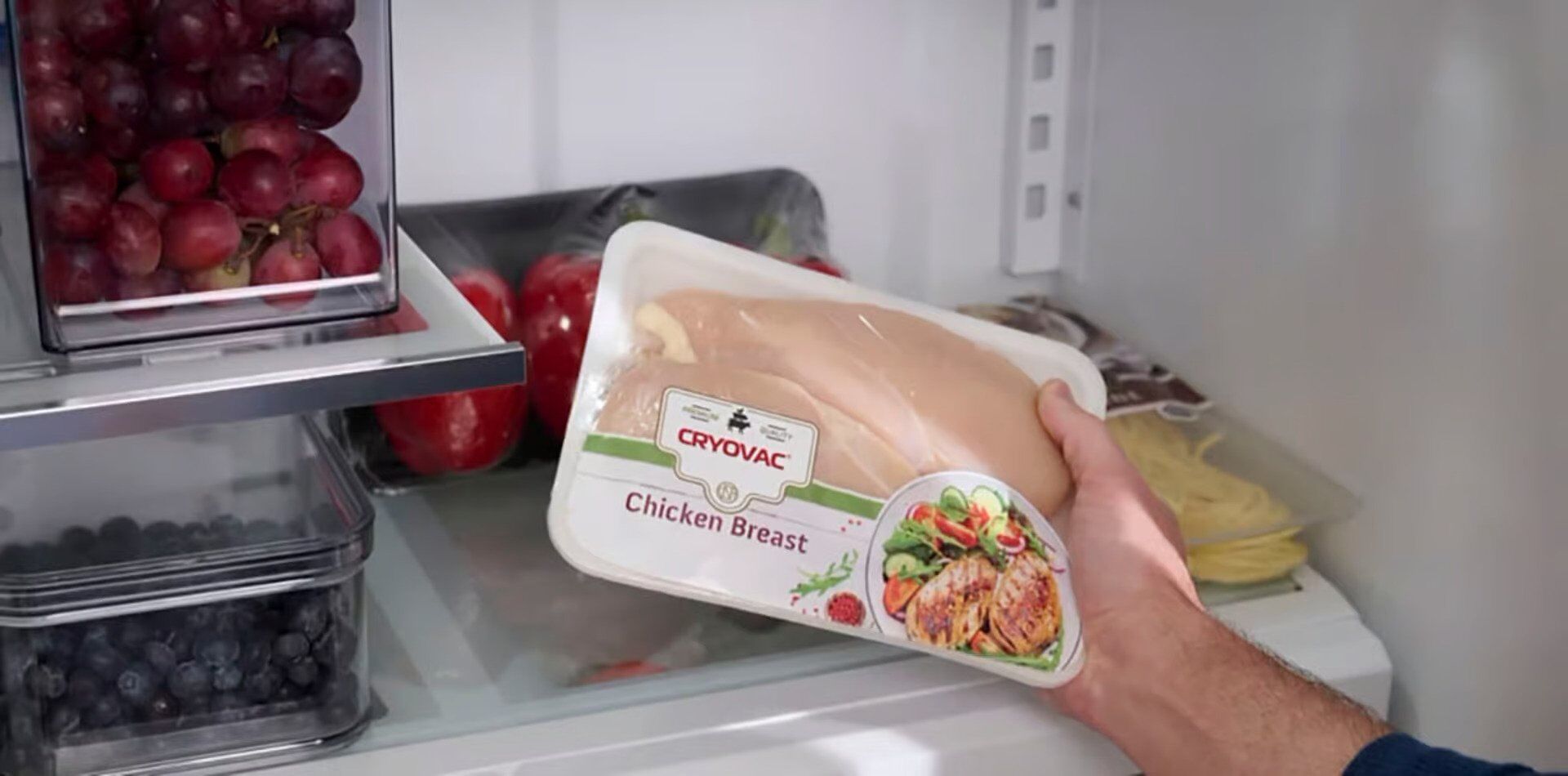News
Can replace polypropylene: scientists have created a plastic that is completely biodegradable in seawater
An international team of scientists led by a Japanese scientist has created a plastic that completely dissolves in seawater faster than other types of plastic and even paper. It is cellulose diacetate, or bioplastic, which has been used in everyday life for more than a century.
The discovery provides new opportunities in the fight against ocean pollution, say experts from the Woods Hole Oceanographic Institution (WHOI) in the United States, who conducted the study. The article with the results was published in the journal ACS Publications, according to the official website of the institute.
The scientists emphasized that cellulose diacetate is a natural polymer found in the walls of plant cells, especially in cotton or wood. It has been around since the late 1800s and is used in everything from sunglass frames to cigarette filters (the most common use), photographic film, and a million other things in people's daily lives.
The study found that this cellulose diacetate is the fastest-degrading type of plastic in seawater - technically classified as a bioplastic - with a simple modification called "foaming" that makes it porous.
"We have translated fundamental knowledge into the design of a new material that both meets consumer needs and biodegrades in the ocean faster than any other plastic material we know of, even faster than paper. This is a great success story in a field that often focuses on the negative aspects of plastic pollution rather than working towards a solution," commented Colin Ward, senior author of the study.
It is noted that during a 36-week test, cellulose diacetate foam placed in continuously flowing tanks of seawater lost 65-70% of its original mass. Compared to another common plastic found in every ocean, polystyrene foam showed zero degradation over the same period.
Ward and other WHOI scientists collaborated with bioplastics company Eastman, which contributed to this and previous studies by supplying materials, funding, and serving as co-authors.
The study was conducted in a controlled environment in a laboratory using continuously flowing seawater from Martha's Vineyard Bay near Cape Cod, Massachusetts. Scientists were able to control light, temperature, and other variables to recreate the dynamic conditions of the ocean.
In January 2024, the results of a previous 16-week WHOI study were released. In it, the scientists used the same seawater tank and compared eight different straws made of cellulose diacetate (CDA), polyhydroxyalkanoates (PHA), polylactic acid (PLA), polypropylene (PP), and paper.
For example, straws made of PLA and PP showed no measurable signs of degradation, while others degraded up to 50%. When comparing the then-prototype CDA foam straw with a solid CDA straw, the researchers found that the former degraded 190% faster than the latter (15 times faster than a paper straw).
The WHOI emphasized that already, thanks to the success of the study with foamed cellulose diacetate, Eastman has launched a biodegradable and compostable tray to replace conventional polystyrene trays used for meat packaging, which do not biodegrade under any natural environmental conditions, on land or at sea.
As reported by OBOZ.UA, scientists have discovered microplastics in layers of sedimentary rocks dating back to the first half of the 1700s, when they simply could not exist. The new discovery demonstrates the destructive ability of microplastics to penetrate even environments that have not been touched by modern humans.
Only verified information is available on our Telegram channel OBOZ.UA and Viber. Do not fall for fakes!







